
|
LEATHER GLITTER PURSE PERU |
1 × € 14,00 |
Buy Handmade, Change Women’s Lives.
A real must-have for this spring and summer ! Colorful and light.
100% rayon
100% handwoven
Size : 10″ x 71″
| Weight | 10 kg |
|---|
Mayan Hands is a fairtrade nonprofit organisation dedicated to empowering Mayan women in their quest to bring their families out of extreme poverty while they continue to live within the culture they cherish. They are guided by the principles of fairtrade and work with over 200 women artisans who live in 10 different rural commmunities in the highlands of Guatemala.
“Our Grandmother, the Moon, taught the first woman to weave on a backstrap loom more than 3000 years ago”. Among many Maya groups, womes still experience Our Grandmother coming to them in their dreams and teaching them this complicated art form.
Through the centuries, using the backstrap loom, Maya weavers have clothed their families and themselves and brought an income to their households. Maya weaving became an instrument to resist being absorbed totally into the oppressive societies that invaded and took over their territories. Women were able to weave into their cloth esoteric symbols of their culture to survive even under strict surveillance of the conquerors. Transmitting this gift to their daughters and granddaughters, they were able to maintain the connection and commitment to the vision of their ancestors. Weaving on the backstrap loom has been essential to the survival of Maya culture as a distinct entity.
In the 21st century, weaving continues to be an instrument of resistance. It enables Maya women to stay in their communities, speak their native languages, and socialize their children into the Maya vison of the world. When women can make a livelihood by selling their woven goods, they are not compelled to leave their communities and work in new, off-shore factories, under appalling conditions, or to surrender to the colossal globalization machine.
“Our Grandmother, the Moon, taught the first woman to weave on a backstrap loom more than 3000 years ago”. Among many Maya groups, womes still experience Our Grandmother coming to them in their dreams and teaching them this complicated art form.
Through the centuries, using the backstrap loom, Maya weavers have clothed their families and themselves and brought an income to their households. Maya weaving became an instrument to resist being absorbed totally into the oppressive societies that invaded and took over their territories. Women were able to weave into their cloth esoteric symbols of their culture to survive even under strict surveillance of the conquerors. Transmitting this gift to their daughters and granddaughters, they were able to maintain the connection and commitment to the vision of their ancestors. Weaving on the backstrap loom has been essential to the survival of Maya culture as a distinct entity.
In the 21st century, weaving continues to be an instrument of resistance. It enables Maya women to stay in their communities, speak their native languages, and socialize their children into the Maya vison of the world. When women can make a livelihood by selling their woven goods, they are not compelled to leave their communities and work in new, off-shore factories, under appalling conditions, or to surrender to the colossal globalization machine.
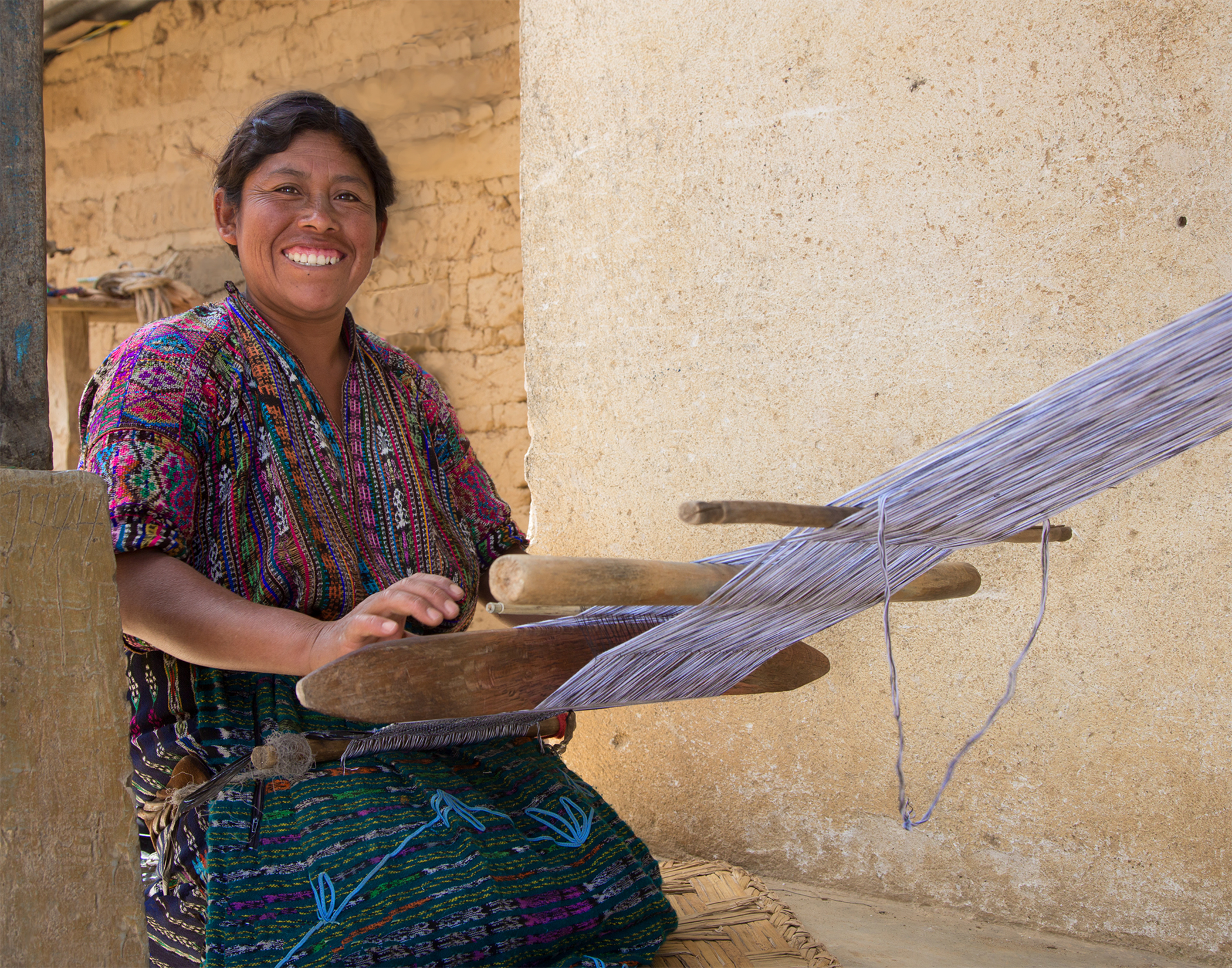

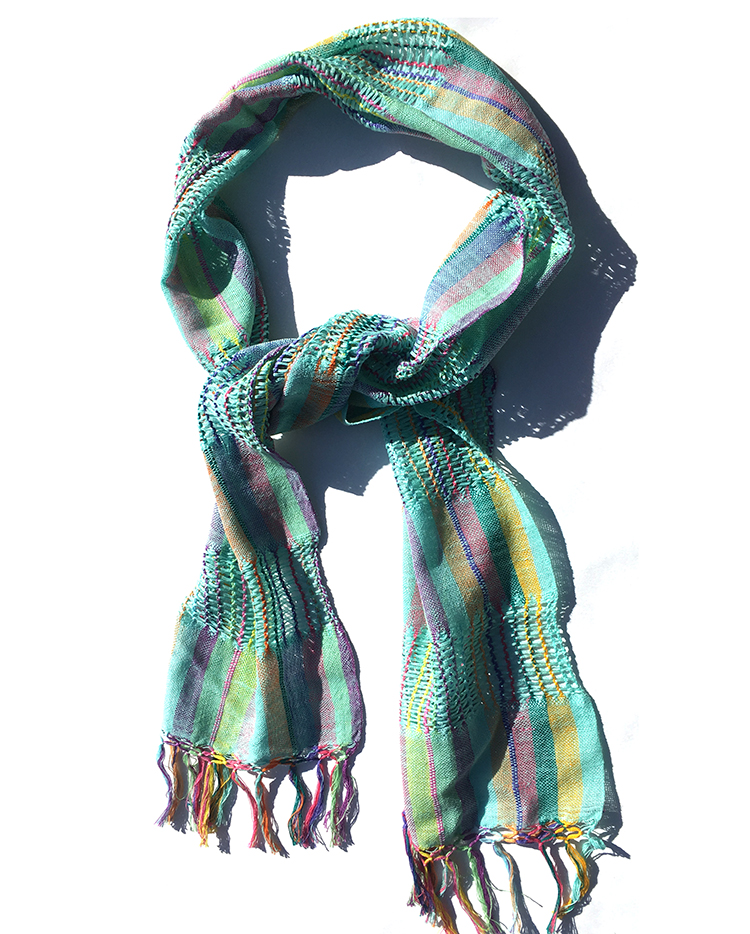
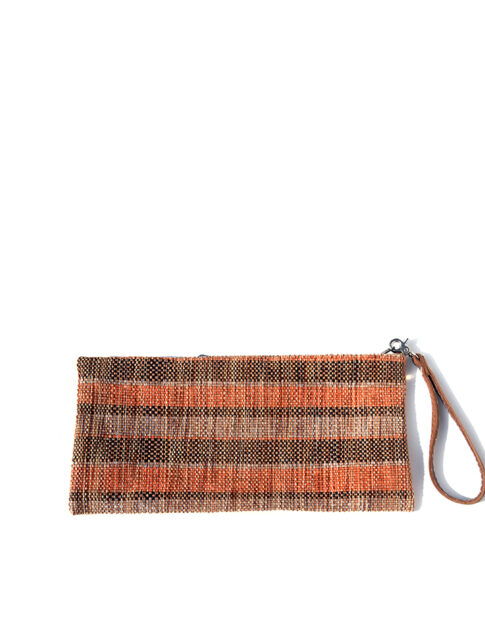
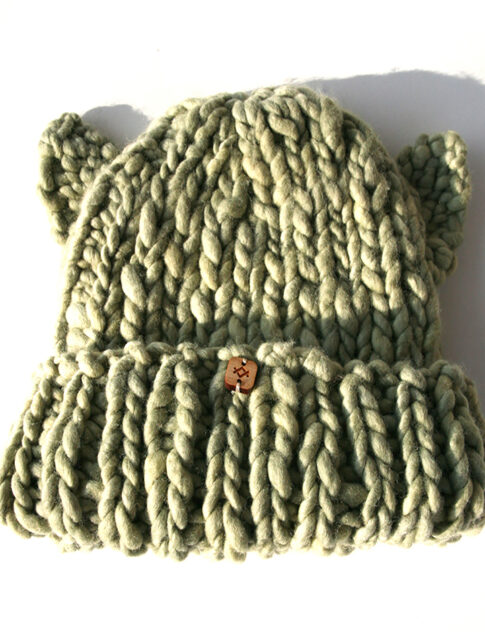
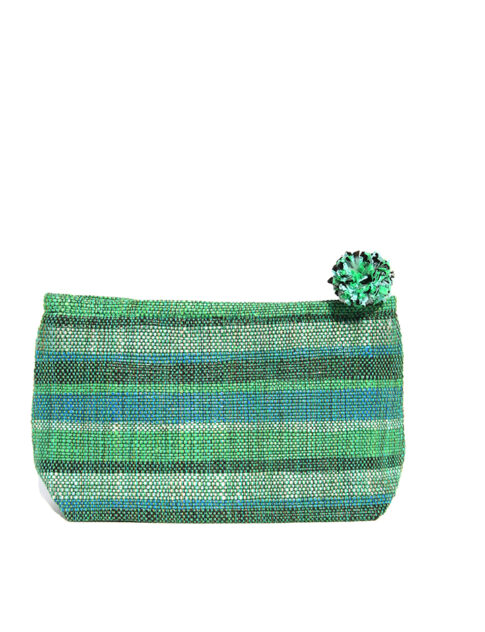


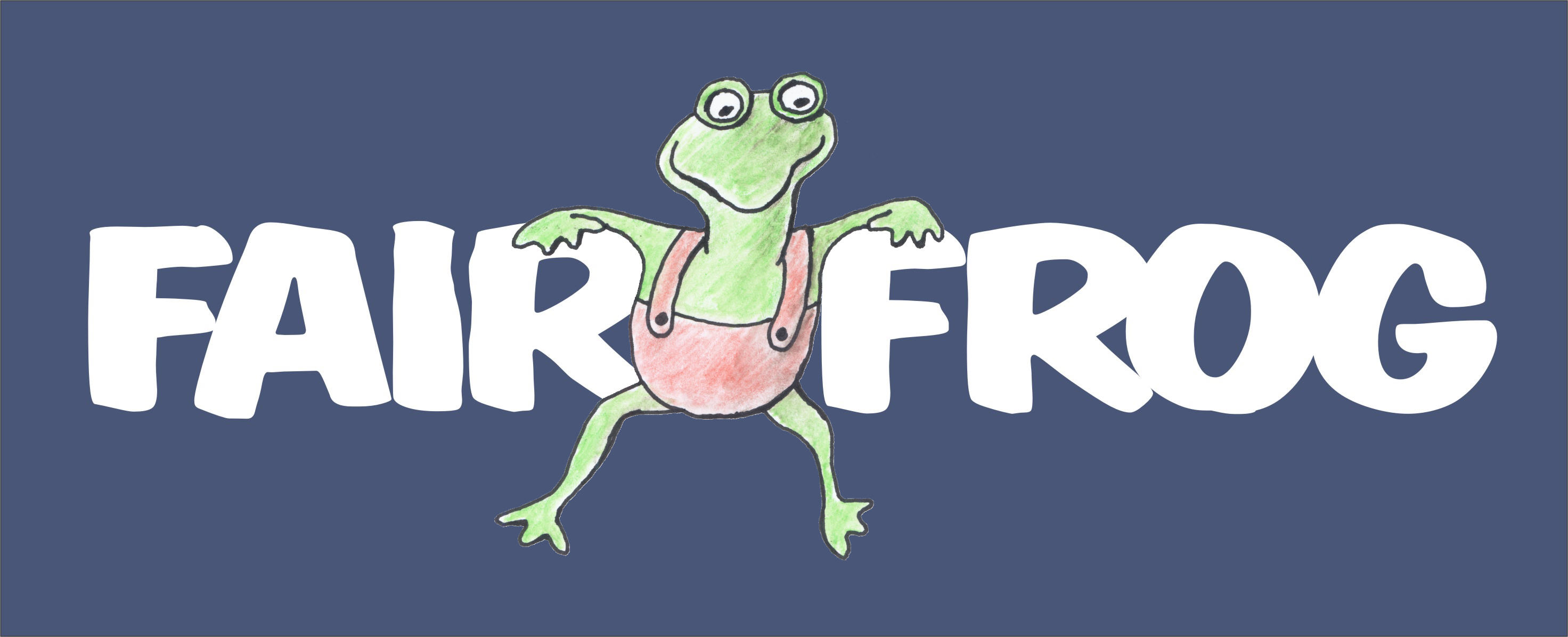
There are no reviews yet.